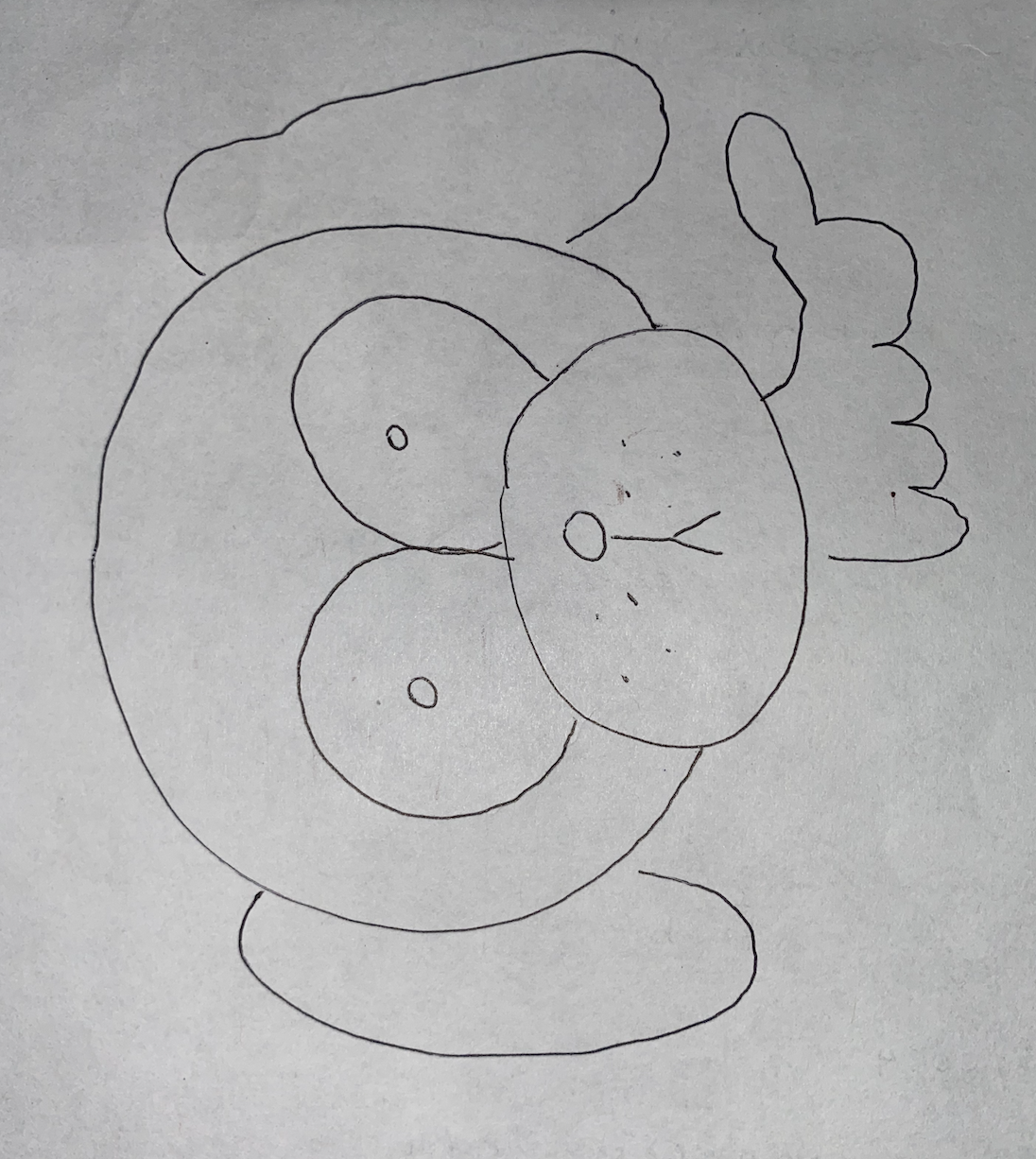This informant talked about a popular driving game played by many people in their hometown. This game is played by anybody in a moving vehicle and whenever you see a license plate that is not from the state you are currently driving in, then you punch someone in the shoulder. This game is “similar to punchbuggy” but due to the lack of Volkswagen Bugs around these, it is more fun and common to look out for out of state license plates. You also must say the state where that license plate is from while punching the other person. If you cannot read the license plate then you cannot punch anybody until you are sure which state it is. Anybody in the car can play this game and is open to getting punched at any time.
This game serves as a mechanism for cultural transmission by teaching participants to pay attention to their surroundings and fostering an awareness of the geographic diversity. It is an informal yet effective way of engaging with the concept of statehood and regional identity within a larger national context. The adaptation of the game from specifically recognizing Volkswagen Beetles to identifying out-of-state license plates illustrates how folklore evolves to incorporate broader experiences of travel. At its core, the game is a form of social play that reinforces bonds between participants through shared experience and light-hearted competition. It operates under an implicit set of rules agreed upon by those playing, creating a temporary and dynamic community bound by the rules of the game. This aspect of play is crucial for social bonding, allowing individuals to negotiate relationships and hierarchies within the safety of a game context. The physical act of punching as symbolic, and performed with jest, emphasizes the physicality of these interactions. Overall this makes these interactions more memorable and fosters a sense of friendship.

